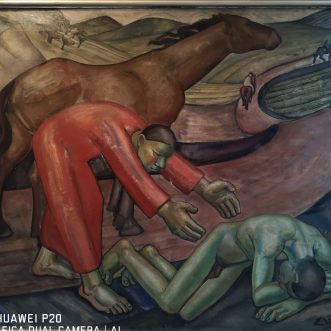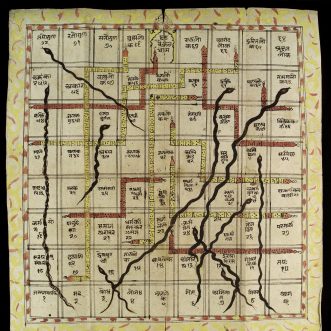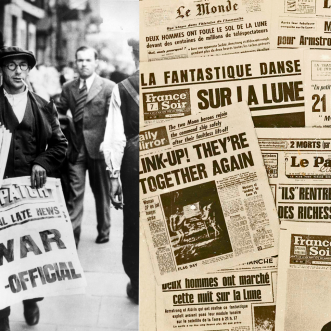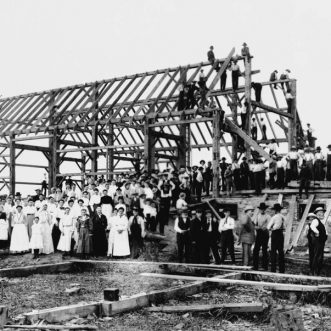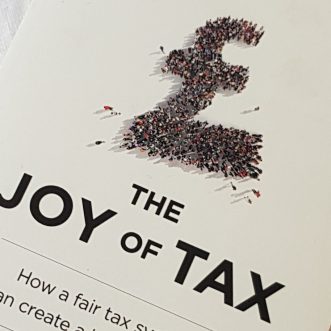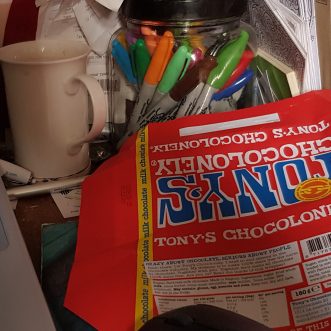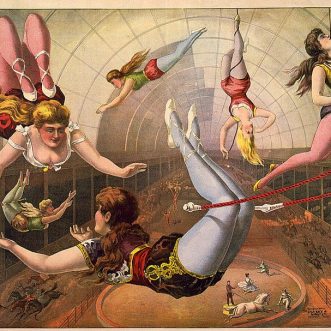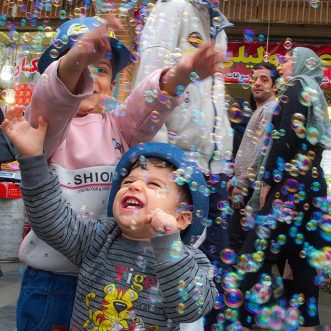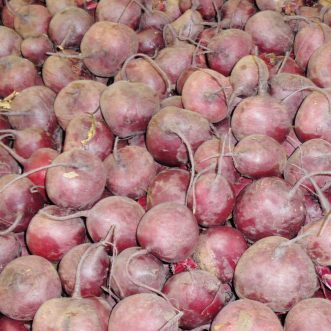
Do no harm
One of the books I’m reading at the moment is “Jainism and Ethical Finance”, by Atul K. Shah and Aidan Rankin.
The first vow taken as a Jain is ahiṃsā – non-violence or the desire to do no harm.
The interesting thing about this is that it extends beyond humans to animals, insects, microbes and even plants. Strict Jains are vegetarians who do not eat roots, because this destroys a plant’s ability to reproduce itself.
That is a very thought-through concept of impact, that we could all learn from.
Especially as it doesn’t prevent Jains becoming highly successful business owners.
